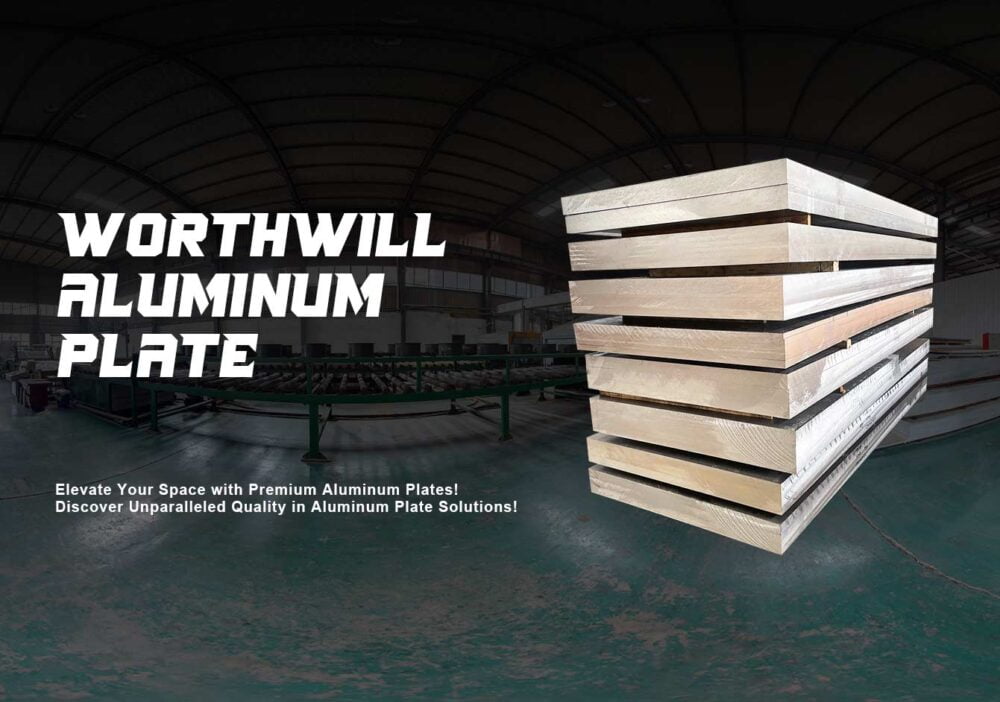Aluminum Plates: Enhancing Efficiency in Automotive Engineering
Aluminum is a versatile material that is increasingly being used in automotive engineering. Aluminum plates in automotive increasingly popular with car manufacturers.It offers a number of advantages over traditional materials, such as steel, including:
- Lightweight: Aluminum is a lightweight material with a density of only 2.7 grams per cubic centimeter. This makes it significantly lighter than steel, which has a density of 7.8 grams per cubic centimeter.
- Strength: Aluminum is a strong material with a high strength-to-weight ratio. This makes it a good choice for applications where weight is a concern, such as in vehicle bodies and components.
- Corrosion resistance: Aluminum is a naturally corrosion-resistant material. This makes it a good choice for applications where the material will be exposed to harsh environments, such as in marine and chemical applications.
- Recyclability: Aluminum is a recyclable material that can be melted down and reused. This makes it a sustainable choice for automotive engineering.

These advantages make aluminum a valuable material for automotive applications. It can be used to improve the efficiency of vehicles in a number of ways, including:
- Weight reduction: Reducing the weight of a vehicle can improve fuel efficiency, performance, and handling. Aluminum can help to reduce vehicle weight by up to 50% compared to steel.
- Increased strength: Aluminum is a strong material that can help to improve the structural integrity of a vehicle. This can help to improve safety and durability.
- Reduced corrosion: Aluminum is a corrosion-resistant material that can help to extend the life of a vehicle. This can save money on maintenance and repairs.
- Sustainability: Aluminum is a recyclable material that can help to reduce the environmental impact of automotive manufacturing.
Aluminum in Vehicle Bodies
Aluminum is increasingly being used in vehicle bodies. It is a popular choice for use in doors, hoods, roofs, and other exterior panels. Aluminum can help to reduce the weight of a vehicle body by up to 50% compared to steel. This can improve fuel efficiency by up to 3%. Aluminum is also a strong and durable material that can help to improve the structural integrity of a vehicle body. This can help to improve safety and durability.
Aluminum in Vehicle Components
Aluminum is also being used in a variety of vehicle components, such as engines, transmissions, and suspension components. Aluminum can help to reduce the weight of these components by up to 50% compared to steel. This can improve fuel efficiency and performance. Aluminum is also a strong and durable material that can help to improve the reliability of these components.

Conclusion
Aluminum is a valuable material that is increasingly being used in automotive engineering. It offers a number of advantages over traditional materials, such as steel, that can help to improve the efficiency of vehicles in a number of ways.
In addition to the advantages discussed above, aluminum plates in automotive also offer a number of other benefits for automotive applications, such as:
- Ease of forming: Aluminum is a relatively easy material to form, which makes it a good choice for complex shapes.
- Good thermal conductivity: Aluminum is a good conductor of heat, which can help to improve the cooling performance of engines and other components.
- Good electrical conductivity: Aluminum is a good conductor of electricity, which can be useful for applications such as wiring and electronics.
Aluminum plates are a versatile and efficient material that can be used to improve a variety of automotive applications.

